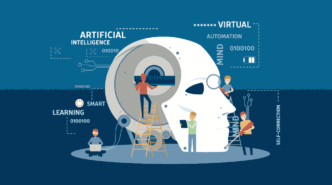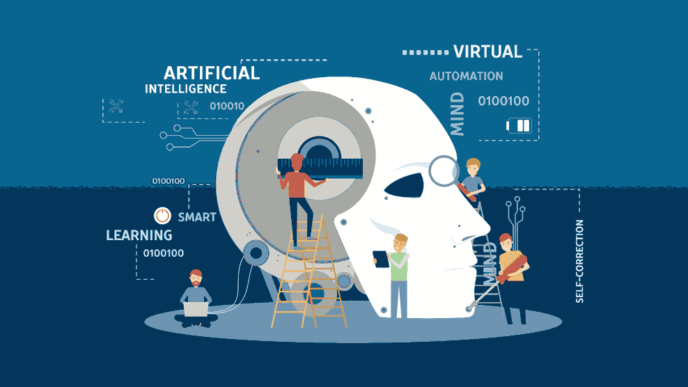Cancer remains one of the most formidable health challenges of our time. However, the integration of Artificial Intelligence (AI) into cancer research and treatment is bringing new hope for improved diagnosis, personalized therapy, and even potential cures.
How AI is Revolutionizing Cancer Treatment
- Early Detection and Diagnosis
- AI-powered imaging tools can detect cancer at its earliest stages, often before symptoms appear.
- Examples include Google’s DeepMind, which uses AI to analyze medical imaging with high accuracy, and IBM Watson Health, which assists in identifying patterns in pathology reports.
- Personalized Treatment Plans
- AI analyzes genetic, molecular, and clinical data to design tailored treatment plans for individual patients.
- AI-driven platforms like Tempus use genomic sequencing data to recommend targeted therapies.
- Drug Discovery
- AI accelerates the drug discovery process by predicting how different molecules will interact with cancer cells.
- Examples include Insilico Medicine, which uses AI to design potential cancer drugs faster than traditional methods.
- Predicting Outcomes
- AI models predict patient responses to treatments, helping oncologists choose the most effective options.
- Predictive analytics tools assess survival rates and potential side effects, guiding better decision-making.
- Improving Radiation Therapy
- AI enhances the precision of radiation therapy by mapping tumor locations with greater accuracy.
- This reduces damage to surrounding healthy tissues and improves patient outcomes.
AI in Cancer Research
AI is revolutionizing cancer research by:
- Analyzing Big Data: Processing vast amounts of medical data to identify patterns and correlations.
- Uncovering Hidden Insights: Discovering previously unknown biomarkers linked to specific cancer types.
- Simulating Cancer Progression: Modeling how cancer evolves, aiding in the development of prevention strategies.
Benefits of Using AI in Cancer Treatment
- Speed: AI processes data faster than humans, enabling quicker diagnosis and treatment.
- Accuracy: AI minimizes human errors, leading to more precise outcomes.
- Cost-Effectiveness: AI streamlines processes, reducing the overall cost of care.
- Global Reach: AI tools can be deployed in resource-limited settings, making advanced cancer care more accessible.
Challenges and Ethical Considerations
- Data Privacy: Ensuring patient data is securely stored and used responsibly.
- Bias in AI Models: Avoiding disparities in AI algorithms trained on incomplete or biased datasets.
- Integration: Seamlessly integrating AI tools into existing healthcare systems without disrupting workflows.
The Future of AI in Cancer Cure
The future of AI in cancer treatment is promising:
- Real-Time Monitoring: AI-powered wearables could track patient health and alert doctors to potential issues.
- AI-Driven Immunotherapy: Tailored immunotherapy treatments designed with AI to harness the body’s immune system against cancer.
- Global Collaboration: AI facilitates the sharing of research and treatment data across borders, accelerating progress toward a cure.
Topics: AI in Cancer Research AI in Healthcare Artificial Intelligence Cancer Cure Cancer Diagnosis Cancer Treatment














